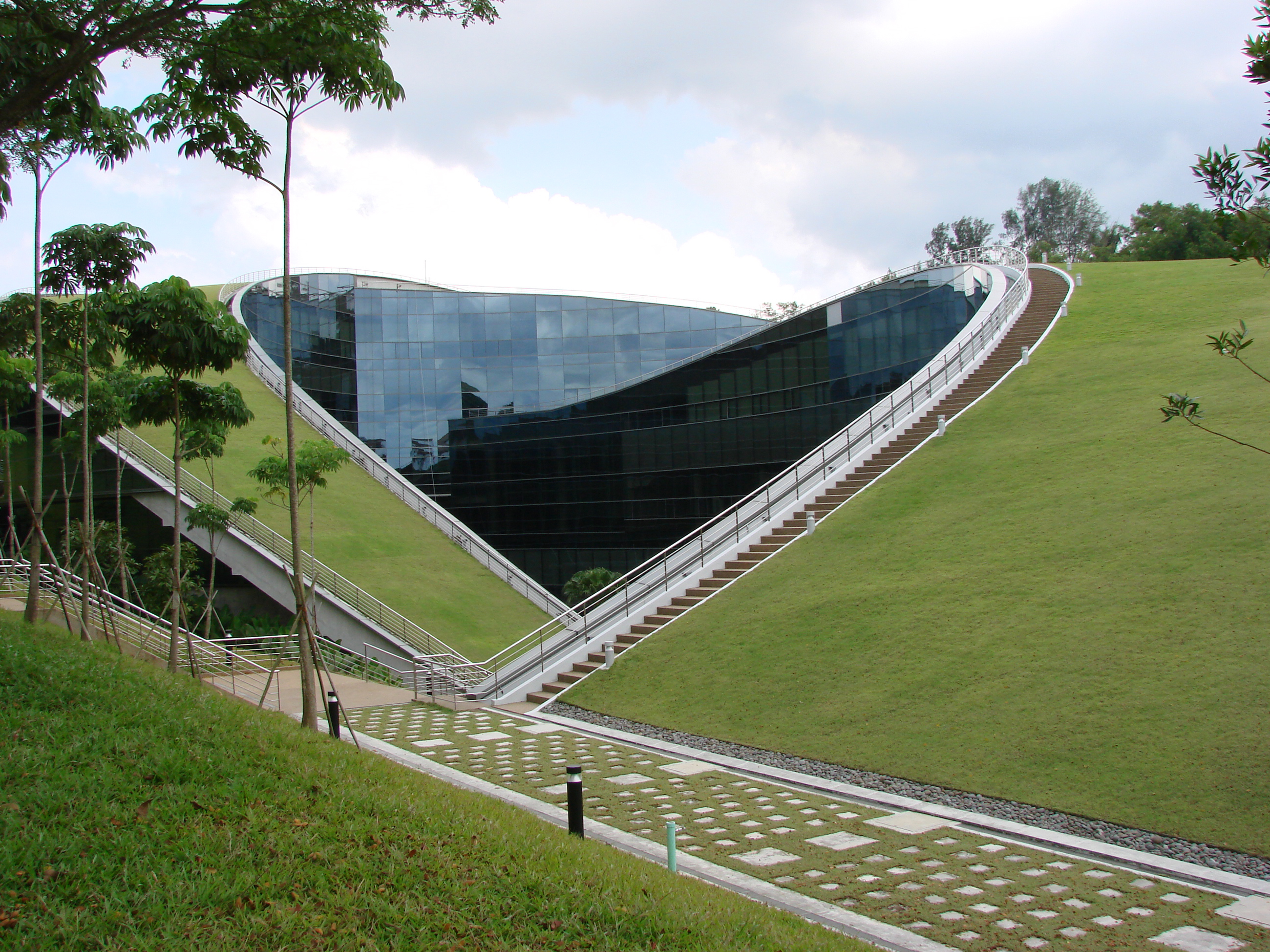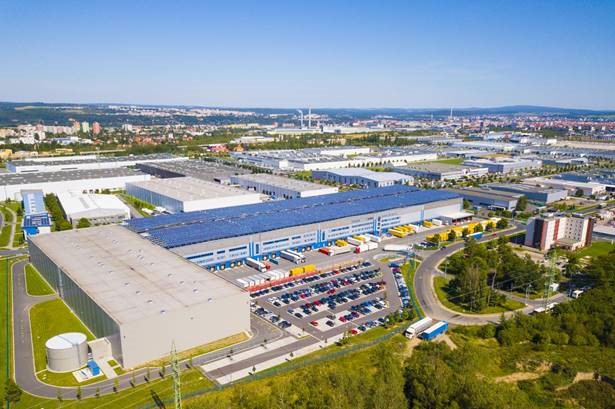
1.24 A Roadmap for Carbon Structural Adjustment in the Built Environment Sector

Project Number
1.24Round
Round 2Date
September 2014 - June 2016Research Team

Program Leader
Professor Peter Newman
PhD DipES&T BSc(Hons) FTSE Program Leader Curtin University
p.newman@curtin.edu.au

Project Leader
Charlie Hargroves
BE (Civil) Project Leader Curtin University
charlie.hargroves@curtin.edu.au

Project Steering Group Chair
Meg McDonald
COO, Clean Energy Finance Corporation
Documents for Downloading
Academic Publications
‘Charlie’ Hargroves, K. (2016). Considering a Structural Adjustment Approach to the Low Carbon Transition | SpringerLink In: Brauch, H., Oswald Spring, Ú., Grin, J., Scheffran, J. (eds) Handbook on Sustainability Transition and Sustainable Peace . Hexagon Series on Human and Environmental Security and Peace, vol 10. Springer, Cham. https://doi.org/10.1007/978-3-319-43884-9_35
Related Documents
This project collaborated with the CRC for Low Carbon Living and jointly produced the following outputs:
Low Carbon Inclusions in Commonwealth and NSW Government Built Environment Sector Procurement (Jun 2016, 750kb)
Investigating the ‘Low Carbon Readiness’ of Built Environment Supply Chain (Mar 2015, 200kb)
Methodology for Staging Low Carbon Inclusions (Nov 2015, 100kb)
Governments around the world are recognising that a ‘carbon-constrained future’ lies ahead, and that leadership is needed to transition economies to low carbon operation, especially in the area of public procurement. By the end of 2014 the world’s largest economies had set ambitious greenhouse gas emissions targets with:
- European Union committing to reducing emissions by at least 40 per cent by 2030 (compared to 1990 levels),
- China committing to 40 to 45 per cent by 2020 (compared to 2005 levels),
- India committing to 20-25 per cent by 2020 (compared to 2005 levels), and
- United States of America committing to 26-28 per cent by 2025 (compared to 2005 levels).
These ambitious targets will create significant pressure to reduce emissions in the coming decades in a manner that delivers ongoing prosperity, jobs, and profits. This means that Australia will need to quickly move from amazing showcases of green buildings and lighthouse projects that are showing the world how to be more sustainable and transition into updating the structures of our economy. In order to achieve the rapid reduction in greenhouse gas emissions in the built environment sector in Australia strategic approaches need to be modelled on the scope and pace of structural adjustment programs and based on the actions advocated in green growth strategies, as in the findings of the research reports. This new form of economic development would focus on bringing about a rapid reduction in greenhouse gas emissions in a manner that underpins and supports economic growth and increased societal well-being. A key focus of such an approach will be to encourage the greater development and uptake of low carbon technologies and processes. In order for such an approach to be successful it will need to draw on lessons learned over the last two decades from efforts to progress the sustainable development and climate change response agenda’s and merge this knowledge into structural change processes. Considering the areas of focus for structural adjustment programs and for green growth strategies the following key structure areas are nominated for ‘carbon structural adjustment’. This list does not represent all possible opportunities for adjustment however are suggested as the key areas for initial focus. These structural areas have a direct impact on the greenhouse gas emissions of the built environment sector and changes to them can deliver reductions in emissions.
- Standards and Codes,
- Government Requirements (Local, State, Federal, and Statutory Agencies),
- Taxation and Subsides,
- Investment and Procurement Policies (government and private),
- Professional Accreditation Requirements, and
- Education Program Accreditation and Requirements (Higher and Vocational).
Each of these areas will form the focus of a process to identify strategic approaches to achieve carbon structural adjustment. The project is supported by the Western Australia Government Department of Treasury, Queensland Government Department of Transport and Main Roads, Main Roads Western Australia, John Holland Group, and the New South Wales Roads and Maritime Services. Meg McDonald serves as this project’s Project Steering Group (PSG) Chair. Meg was CEO of Low Carbon Australia prior to its merger with the CEFC and has significant career experience in business and carbon policy. Meg was the President of Alcoa Foundation and Director, Global Issues, Alcoa Inc. in New York and General Manager, Corporate Affairs for Alcoa in Australia. Before joining Alcoa, she was a senior Australian diplomat, holding roles including Australia’s Deputy Ambassador to the United States, where she played a central role in the establishment of the Australia-US Free Trade Agreement. As Australia’s Ambassador for the Environment in 1997-98, Ms McDonald was Australia’s lead negotiator for the Kyoto Protocol and played a key role in shaping those negotiations and other environment treaties. The PSG comprises:
- Meg McDonald, CEFC (Chairperson)
- Keith Hampson, CEO, SBEnrc
- Peter Newman, Curtin University Sustainability Policy Institute
- Carolyn Marshall, WA Department of Finance
- Louis Bettini, Main Roads Western Australia
- Damon Carter, John Holland Group
- Angela Heymans, WA Building Commission
- Daniel Ellis-Jones, WA Building Commission
- Amandine Denis, ClimateWorks Australia
- Con Lambous, NSW Roads and Maritime Services
- Dr Hugh Saddler, Energy Economics and Policy Expert
- John Thwaites, Sustainability Policy Expert














